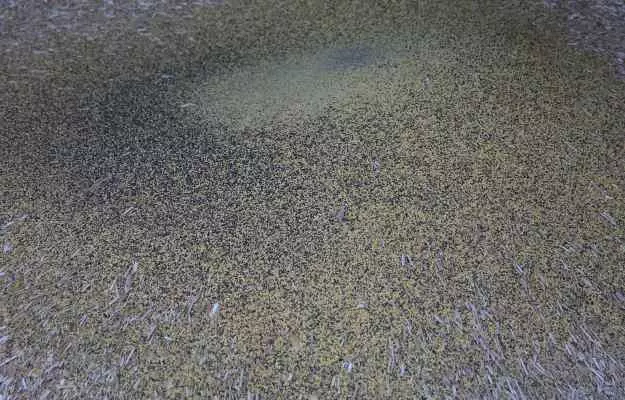Psyllium husk is a type of fibre that is made from the Plantago ovata plant. Also known as isabgol, psyllium husk comes from the husk of the plant’s seed.
However, the name “Psyllium” is used for the whole plant, along with the crust and the seed.
Psyllium husk is known to possess multiple health benefits for both humans and animals. Traditional Iranian medicine has been making use of psyllium for ages. Because of the high fibre content, psyllium husk is known to be helpful in preventing constipation. It is also beneficial for the heart and can help keep diabetes under control.
Psyllium husk can be consumed in a lot of ways. It does not have any sugar or flavour. So it is usually recommended to consume psyllium husk with water or juice. If you find the taste of pure psyllium husk unpleasant, you can also bake it in cookies, biscuits and other confectionaries.
Some facts you should know about Psyllium Husk:
- Botanical name: Plantago Ovata husk
- Family: Plantaginaceae
- Common name: Psyllium husk / Isabgol
- Sanskrit name: Sat Isabgol.
- Parts used: Psyllium is a form of fibre made from the husk of the psyllium plant's seeds.
- Geographical distribution: Psyllium is native to Asia, the Mediterranean region, and North Africa and commercially grown in India. India is the largest producer of psyllium husk in the world. In India, it is mainly cultivated in Gujarat, Rajasthan and Madhya Pradesh. Gujarat accounts for nearly 35% of the total world production of psyllium husk.


































